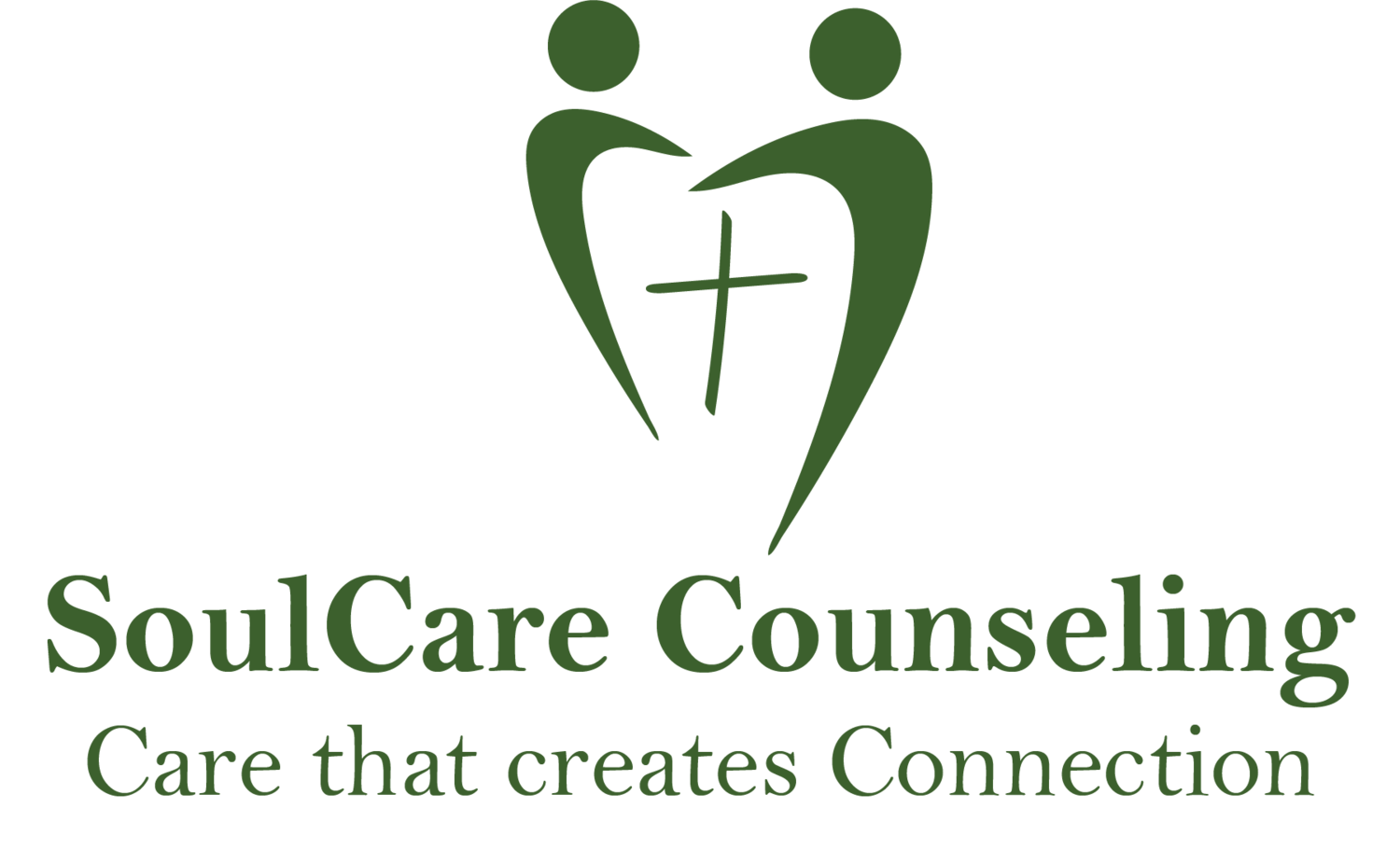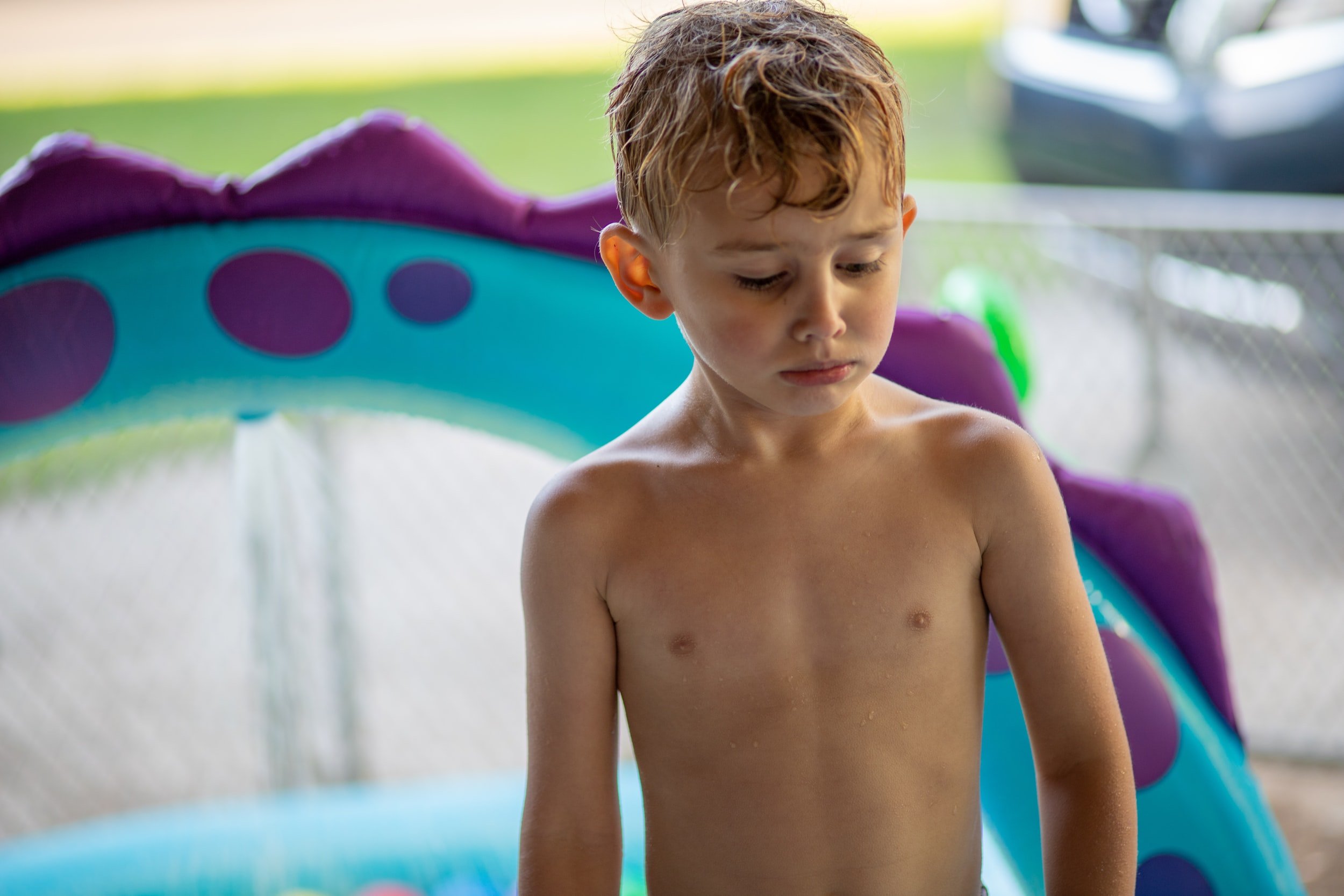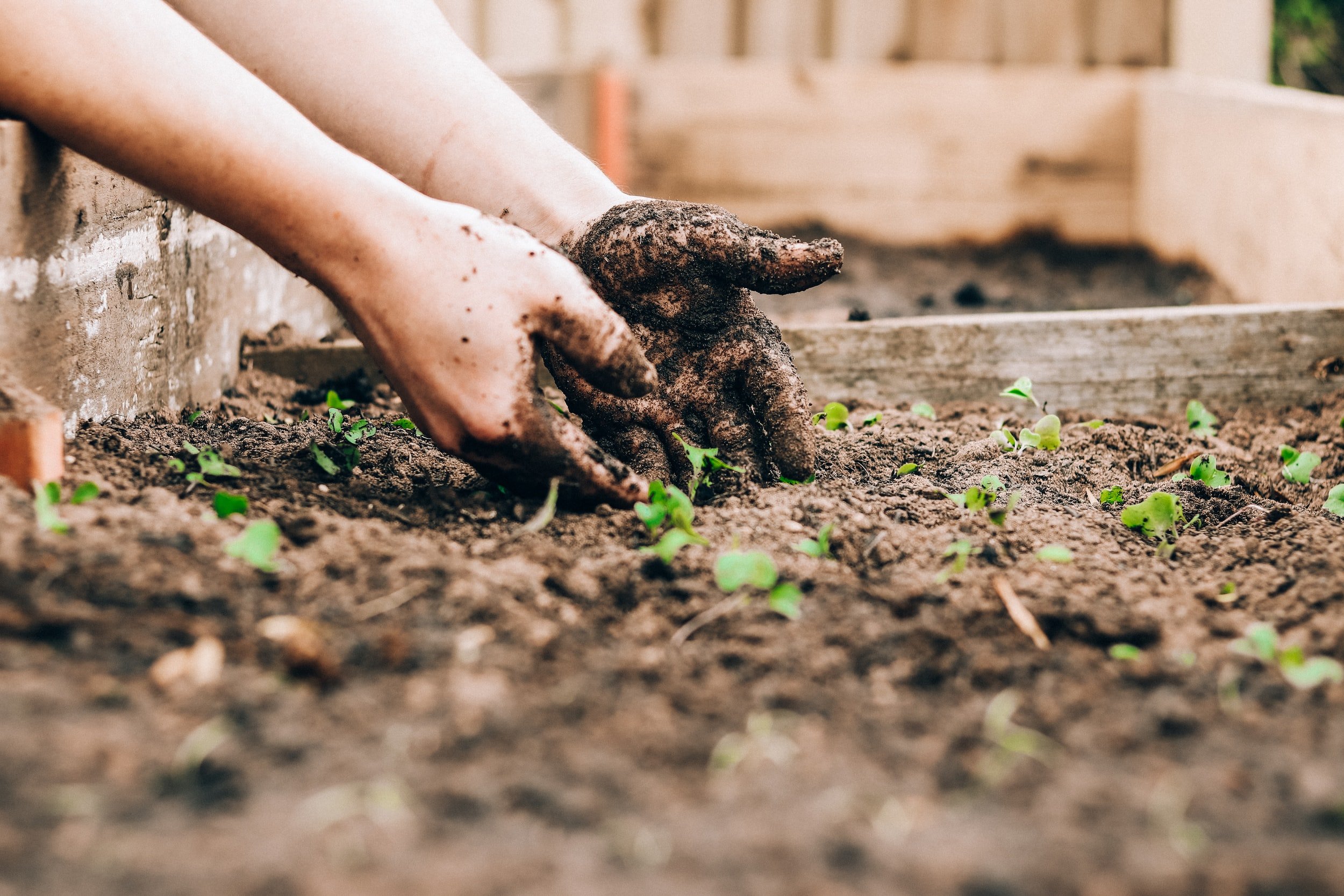6 Tips For Helping A Child With Trauma
No parent looks at their newborn baby and envisions a day when that sweet little one will experience a traumatic event. But the Center for Child Trauma Assessment Services and Interventions cites a recent study which found that approximately 65% of children experience at least one traumatic event during their childhood and that nearly 40% of children experience at least two or more. The study also found that the more traumas, or “adverse childhood experiences,” a child has, the higher the risk is for developing physical and mental problems later in life.
Helping A Child With Trauma:
Know The Ten Adverse Childhood Experiences
To help a child with trauma, you should know about adverse childhood experiences, or ACE’s. There are ten adverse childhood experiences a child might have:
Physical abuse
Sexual abuse
Emotional abuse
Physical neglect
Emotional neglect
Violence toward the mother
Family substance abuse
Family mental illness
Separation/Divorce
Family member incarceration
Helping A Child With Trauma:
Understand Child Traumatic Stress
If a child responds to any of the ten adverse childhood experiences (ACE’s) with changes in behavior such as irritability, withdrawing, regressing to younger age behavior, problems interacting with others, changes in sleep or eating patterns, or decline in school performance, this is what is called “Child Traumatic Stress.” If your child has experienced any of these types of traumatic events and you notice any of these changes in behavior, know that it is not something he or she is doing consciously, but it is a survival response of the brain to cope with the negative emotions that the memories of the trauma evoke.
These behaviors might show up immediately or emerge later. They can last for days, weeks, or months and might even resurface later in life. If you see these behaviors, how can you help your child with trauma?
Helping Your Child With Trauma:
6 Tips For Helping A Child With Trauma
Is there anything that you as a parent can do to help your child with trauma and childhood traumatic stress? Absolutely! You can provide the safe and secure harbor that they desperately need in order to heal. The comfort found in a loving primary relationship attachment is the most powerful tool for healing trauma, whether it is in children or adults. Here are six things you can do for your child:
Resist the pull of denial.
When something bad happens to our children, we want them to be okay. We want them to shake it off and bounce back, and sometimes a child who has experienced trauma will give that impression, and parents get a false sense of relief. If your child has experienced any of the traumas named earlier, they are not okay. They need help.
Read the signs of trauma.
The Substance Abuse and Mental Health Services Administration gives these signs of trauma in children by age:
Preschool:
Fearing separation from primary caregivers
Crying and/or screaming a lot
Eating poorly/losing weight
Nightmares
Elementary School:
Becoming anxious/fearful
Guilt/shame
Hard time concentrating
Difficulty sleeping
Middle and High School:
Feeling depressed or alone
Eating disorders and/or self-harming
Alcohol or drug abuse
Becoming sexually active
Observe.
Notice how your child behaves with children their age and with adults. Take seriously what teachers, coaches, and other adults who are around your child tell you about them. Pay attention to what is he or she drawing and creating in art projects, or writing in essays, or saying to you or others. Give particular focus to anything related to the trauma.
Listen.
Ask your child to describe what happened. This will be hard for them to verbalize and hard for you to hear, but talking about it is powerful medicine. What we can describe, we can manage. As long as it stays inside your child, it will be poison to the soul; but outside, verbalized, it takes shape and loses some of its power.
Get in family therapy.
Parents’ immediate thought when their child has a traumatic experience is to get their child in to a counselor who can “fix” their child. But children aren’t like automobiles that you can take to the shop to get fixed. They are more like flowers that grow in a garden. The family system is the soil that nurtures them. The best healing for your child will come from their family, so it’s important for the whole family to come to therapy.
Love, Love, Love.
Make extra sure that your child with trauma knows that you unconditionally love him or her. Don’t treat the child like a ceramic doll; do fun things as a family. Laugh and enjoy one another, and overuse the words “I love you.”
If you child has experienced a trauma, I urge you to read about family therapy, and reach out to us at SoulCare Counseling for a free thirty-minute consultation. SoulCare Counseling offers family therapy using Emotionally Focused Therapy.
Amber Bezney is a Licensed Professional Counselor-Associate under the supervision of Dr. Bernis Riley, LPC-S and Certified EFT Therapist. She holds a Masters of Education in Marriage and Family and Couples Counseling.



